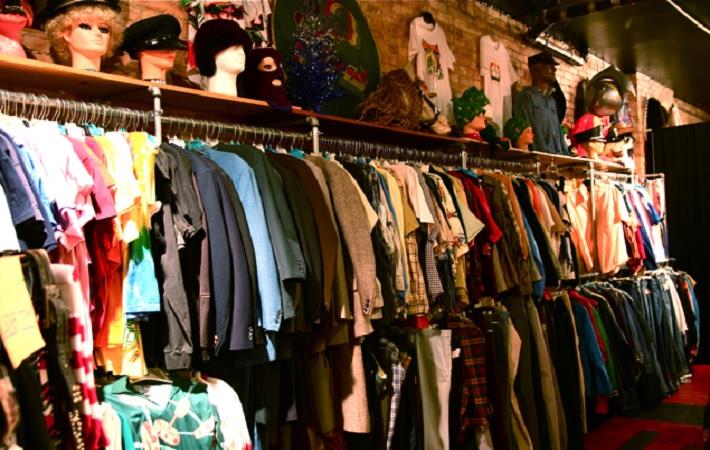The Secondary Materials and Recycled Textiles Association (SMART) in the United States recently urged the Kenyan government to reverse its recent COVID-19 related ban on the import of used garments (Mitumba) and shoes, saying all available research on the novel coronavirus shows they do not pose a threat to people who wear such garments or footwear.
The Kenya Bureau of Standards (KEBS) notified representatives of SMART, a non-profit association of for-profit businesses in the textile reuse and recycling industry, on April 1 that the country’s import of used garments and shoes had been suspended until further notice.The Secondary Materials and Recycled Textiles Association (SMART) in the United States recently urged the Kenyan government to reverse its recent COVID-19 related ban on the import of used garments (Mitumba) and shoes, saying all available research on the novel coronavirus shows they do not pose a threat to people who wear such garments or footwear.#
KEBS said it was implementing the ban as a precautionary measure to prevent the spread of the COVID-19, a decision made under the false pretenses that the virus can be transmitted through used footwear and textiles, a SMART press release claimed.
While numerous studies including those published in the ‘New England Journal of Medicine’ and ‘The Lancet’ have shown that COVID-19 may be detectable on hard, non-porous surfaces like plastics and metals for hours and potentially up to two to three days, they also reveal the virus is even less likely to survive on soft, porous surfaces like textiles including rugs, carpets, shoes and clothing, whether they might be new or used, SMART said.
According to guidelines issued by the US Centres for Disease Control and Prevention (CDC), mitigating whatever small risk might be present on soft, porous surfaces like textiles is easily addressed by laundering the textile according to manufacturer instructions in warm water.
This advice is supported by the fact that countless hospitals and other medical facilities are utilising reusable linens and personal protective equipment and hospital apparel to protect healthcare workers that are treating patients infected with COVID-19, SMART said.
Furthermore, used clothing that is shipped overseas is typically in transit for weeks, if not months at a time–far longer than the virus has ever been shown to survive on even the most hospitable non-porous hard surfaces, SMART added.
Fibre2Fashion News Desk (DS)
